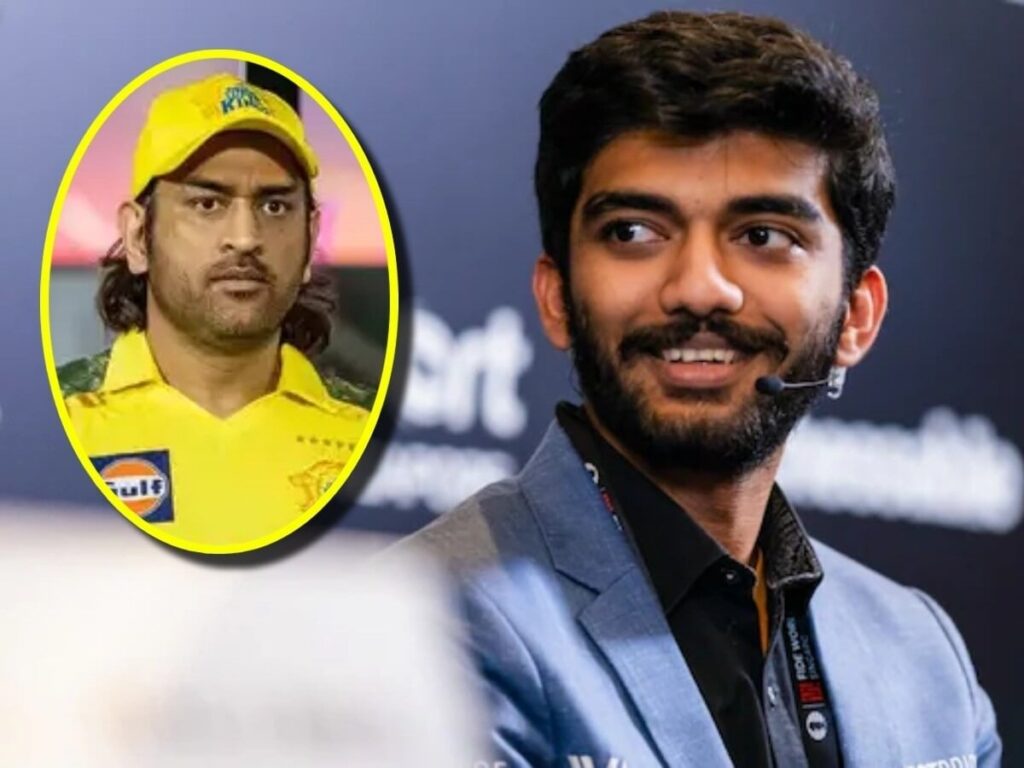The realm of chess has recently been abuzz with the news of World Chess Champion D. Gukesh, who is set to face a hefty tax bill from his prize money. This financial obligation not only highlights the significant earnings associated with competitive chess but also puts into perspective the financial realities faced by professional athletes across various sports. In this article, we will delve deeper into the implications of Gukesh’s tax obligations, compare them with other sports figures, and provide insights into how taxation works for prize money in sports.
Understanding Taxation for Prize Money in Sports
Taxation on prize money is a critical aspect for athletes and competitors in professional sports. The amount they need to pay can vary greatly depending on the country in which they compete, the nature of the prize money, and local tax laws. In many countries, prize money is treated as income and is subject to income tax.
How Are Taxes Calculated on Prize Money?
Taxes on prize money are typically calculated based on the following factors:
- Tax Rate: The applicable income tax rate of the athlete’s country or state.
- Prize Amount: Total earnings obtained from competitions, endorsements, and sponsorships.
- Deductions: Any allowable deductions that can reduce the taxable income.
For instance, if Gukesh’s prize money is substantial, it could push him into a higher income tax bracket, resulting in a larger percentage of his earnings going to taxes.
Gukesh’s Tax Obligation: A Comparison
Interestingly, Gukesh’s tax payment is reported to be higher than the salary of former Indian cricket captain MS Dhoni in the IPL 2025 season. To understand the implications, let’s compare their financial responsibilities:
| Player | Annual Earnings | Estimated Tax Payment |
|---|---|---|
| D. Gukesh (Chess Champion) | To be determined based on winnings | Substantial percentage of prize money |
| MS Dhoni (IPL 2025) | Approx. ₹20 Crore | Estimated at ₹5 Crore |
The Broader Picture: How Tax Impacts Athletes
Tax obligations can significantly impact the net income of professional athletes. For many, this can necessitate the involvement of financial advisors or tax professionals to optimize their earnings and ensure compliance with tax regulations. Additionally, understanding tax laws can be critical when planning for the future, retirement, or real estate investments.
Conclusion
In conclusion, the tax obligations of D. Gukesh serve as a reminder of the financial responsibilities that come with competitive success in the world of sports. As he navigates his tax liabilities, it will be intriguing to see how this affects his future in chess and his financial planning. Ultimately, this situation sheds light on the essential balance between earning through professional pursuits and managing the economic realities that accompany such achievements.
